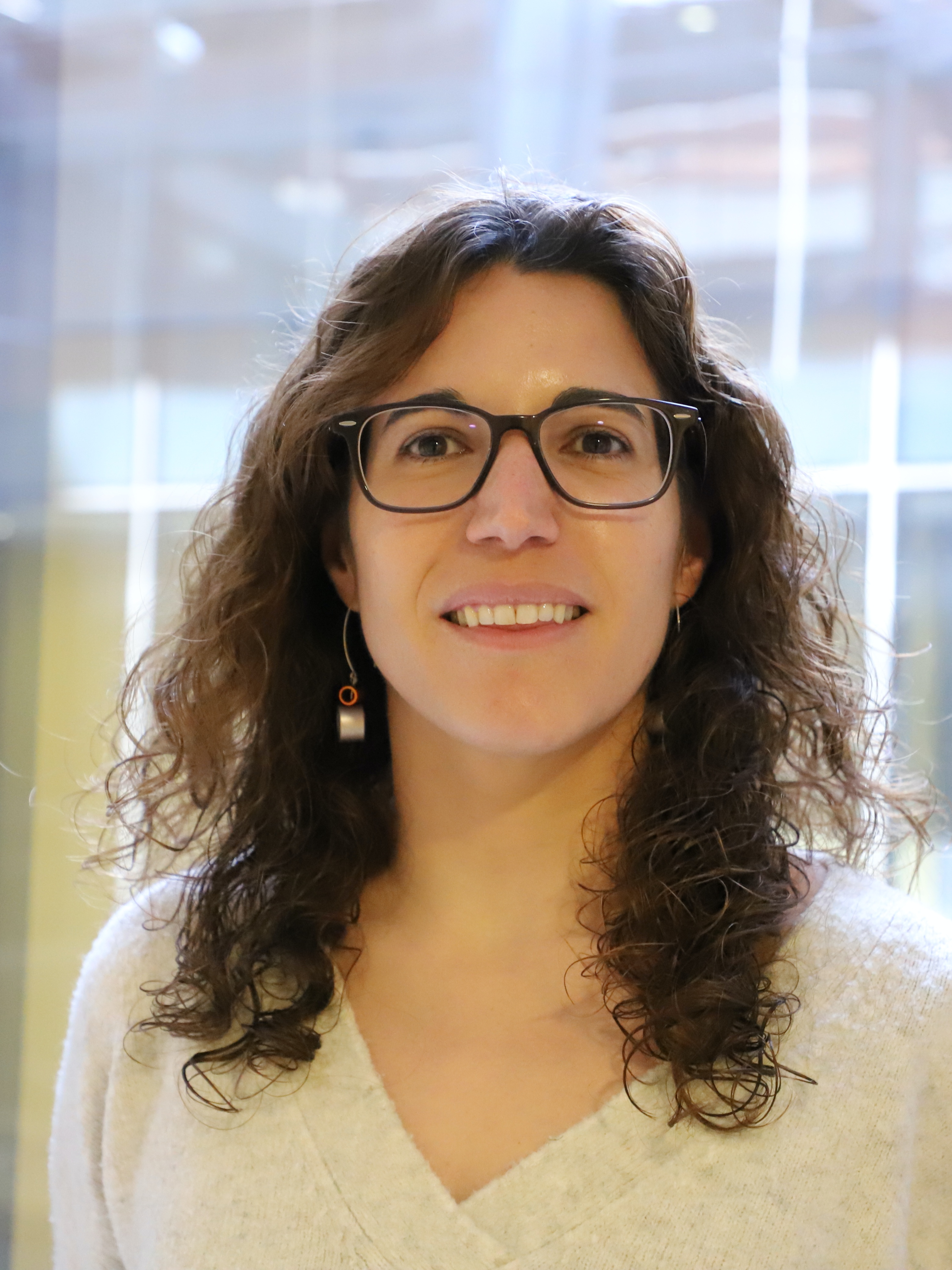The NF2 Accelerator Initiative is dedicated to bringing active NF2 treatments to the clinic and to patients by expanding the clinical drug pipeline for NF2, improving drug selection through the development of innovative testing models, and developing gene therapy options that address the underlying genetic causes of NF2.
In 2019, we launched a request for applications for new NF2 drug testing proposals. We’re pleased to share two of the projects we are funding through the NF2 Accelerator Initiative:
 Elisabeth Castellanos-Perez (Fundació Institut d’Investigació en Ciències de la Salut Germans Trias i Pujol in Spain) will evaluate the use of antisense oligonucleotides (ASO) as personalized therapy for NF2 patients. Since ASOs can correct point mutations that prematurely truncate proteins or prevent proper mRNA splicing, they present a conceptually viable approach to overcome the effects of mutations that cause NF2. Overall, approximately 45% of the mutations detected in the NF2 gene could be potentially treated with antisense therapy. Given the lack of effective small molecule inhibitors for NF2, alternative approaches such as this are much needed and worth investigating. Dr. Castellanos-Perez’s team is well-experienced in using ASOs and has successfully applied them previously in a proof of concept study for correcting splicing mutations in NF2 patient cells. In the current project, they propose to test ASOs in reducing the severity of truncating NF2 mutations in patient cells. In vitro demonstration that ASOs could reduce the severity of some mutations in NF2 would open the possibility of in vivo studies, which would be an important step towards an effective therapy for NF2.
Elisabeth Castellanos-Perez (Fundació Institut d’Investigació en Ciències de la Salut Germans Trias i Pujol in Spain) will evaluate the use of antisense oligonucleotides (ASO) as personalized therapy for NF2 patients. Since ASOs can correct point mutations that prematurely truncate proteins or prevent proper mRNA splicing, they present a conceptually viable approach to overcome the effects of mutations that cause NF2. Overall, approximately 45% of the mutations detected in the NF2 gene could be potentially treated with antisense therapy. Given the lack of effective small molecule inhibitors for NF2, alternative approaches such as this are much needed and worth investigating. Dr. Castellanos-Perez’s team is well-experienced in using ASOs and has successfully applied them previously in a proof of concept study for correcting splicing mutations in NF2 patient cells. In the current project, they propose to test ASOs in reducing the severity of truncating NF2 mutations in patient cells. In vitro demonstration that ASOs could reduce the severity of some mutations in NF2 would open the possibility of in vivo studies, which would be an important step towards an effective therapy for NF2.
 Vijaya Ramesh (Massachusetts General Hospital) will be leveraging Synodos for NF2 data to test single and combination drugs in NF2-deficient meningioma models. Dr. Ramesh was one of the key investigators in the large-scale omics and drug screening studies conducted as part of the CTF-funded Synodos for NF2 project. Through this effort, Dr. Ramesh and her team identified several interesting drug targets in their cell model for NF2-associated meningioma. The current proposal builds on the rigor and strength of these published and unpublished discoveries, and will further test some of the targets and drug combinations identified previously. Success in these studies will provide a framework to pursue new avenues in NF2 and meningioma research for clinical care.
Vijaya Ramesh (Massachusetts General Hospital) will be leveraging Synodos for NF2 data to test single and combination drugs in NF2-deficient meningioma models. Dr. Ramesh was one of the key investigators in the large-scale omics and drug screening studies conducted as part of the CTF-funded Synodos for NF2 project. Through this effort, Dr. Ramesh and her team identified several interesting drug targets in their cell model for NF2-associated meningioma. The current proposal builds on the rigor and strength of these published and unpublished discoveries, and will further test some of the targets and drug combinations identified previously. Success in these studies will provide a framework to pursue new avenues in NF2 and meningioma research for clinical care.
Additional requests for applications to fund more drug testing proposal will be announced 2020. To learn more and make a donation to the NF2 Accelerator Initiative, please visit www.ctf.org/endnf2.

